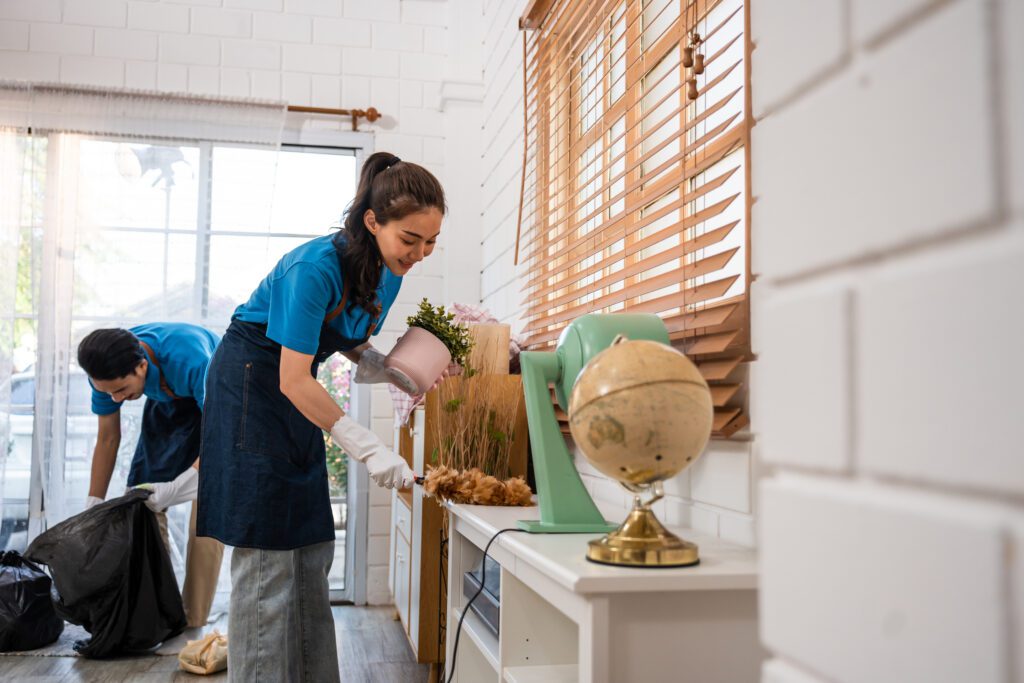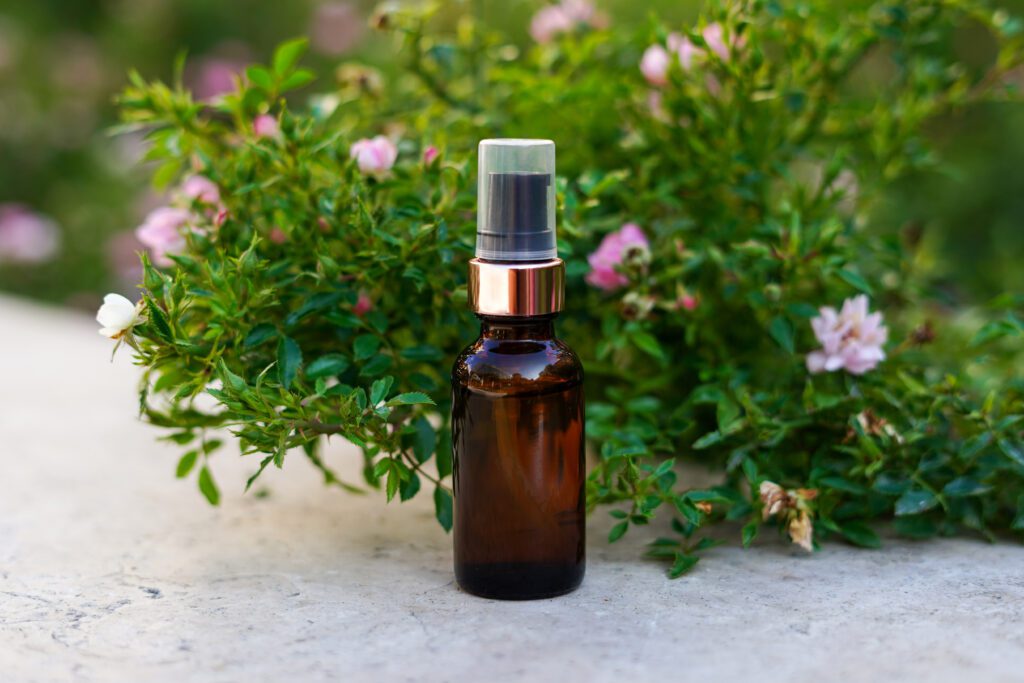Miami’s tropical climate, while a paradise for many, also provides ideal conditions for a variety of pests. From pesky ants to disease-carrying mosquitoes, these uninvited guests can significantly impact our quality of life and the health of our ecosystems. Fortunately, there are numerous natural and sustainable methods to manage pests without resorting to harmful chemicals.
Understanding the Ecosystem: A Foundation for Control
Miami’s intricate ecosystem is a delicate balance. By understanding the interactions between plants, animals, and pests, we can develop more effective and environmentally friendly pest management strategies. A healthy ecosystem is more resilient to pest outbreaks, as natural predators and parasites help to keep pest populations in check.
Cultivating a Pest-Resistant Landscape
Diverse Plant Life: A variety of plants supports a diverse community of beneficial insects. These natural predators, such as ladybugs, lacewings, and parasitic wasps, prey on many common garden pests.
Healthy Plants: Strong, healthy plants are less susceptible to pests. Ensure your plants receive adequate sunlight, water, and nutrients.
Companion Planting: Certain plants have natural pest-repelling properties. For example, basil deters mosquitoes and flies, while marigolds repel aphids and nematodes.
Crop Rotation: By rotating crops annually, you disrupt the life cycles of pests, making it more difficult for them to establish large populations.

Harnessing Nature’s Repellents
Essential Oils: Many essential oils, such as peppermint, eucalyptus, and neem, have powerful insect-repelling properties. Diluted solutions can be sprayed on plants or used in diffusers.
Botanical Insecticides: Derived from plants, botanical insecticides offer a safer alternative to synthetic pesticides. Pyrethrum, extracted from chrysanthemums, is a popular choice.
Diatomaceous Earth: This fine powder, composed of fossilized diatoms, is highly effective at controlling a wide range of pests, including ants, bed bugs, and cockroaches.
Physical and Cultural Controls
Exclusion: Prevent pests from entering your home or garden by sealing cracks and crevices, using screens, and installing door sweeps.
Sanitation: Good sanitation practices, such as cleaning up food spills and removing standing water, can significantly reduce pest attractions.
Monitoring: Regularly inspect your property for signs of pests. Early detection allows for timely intervention.

Creating a Pest-Free Home
Indoor Plants: Certain indoor plants, like spider plants and peace lilies, can help to improve air quality and deter pests.
Essential Oil Diffusers: Using essential oil diffusers can create a pleasant atmosphere while repelling insects.
Natural Cleaning Products: Opt for natural cleaning products to reduce the use of harsh chemicals that can harm beneficial insects.
The Benefits of Natural Pest Control
Environmental Protection: Natural methods minimize harm to beneficial insects, birds, and other wildlife.
Human Health: Reduced exposure to harmful chemicals.
Cost-Effective: Many natural pest control methods are inexpensive and easy to implement.
Sustainability: Natural pest control promotes long-term sustainability and resilience in our ecosystems.
By adopting a more holistic approach to pest management, we can create healthier, more sustainable living spaces. Remember, it’s not about eradicating all pests, but rather about managing them in a way that minimizes their impact on our lives and the environment.
